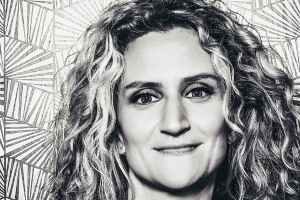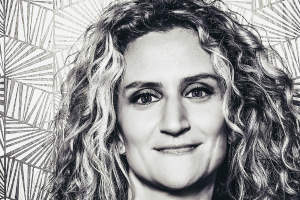Sorry but the drugs do work


In my GP surgery we have spent the past five years or so trying to avoid prescribing antibiotics. This has been a concerted collaborative effort, alongside the entire medical community, to play our part in reducing AMR and encourage the use of self care for self-limiting viral infections.
We have done this safely and consistently, with strong messaging to patients, patient information leaflets and of course robust safety-netting. It is unusual now to see a prescription for amoxicillin in the practice, and patients have stopped asking for it.
We sit with pride in our medicine management meetings, seeing our practice top of the leader board as lowest prescribers in this area.
We’ve turned our attentions to benzos now; it’s far harder but with the consistent messaging and dedication we are certainly reducing the prescriptions. Next up: bath emollients. We genuinely are the doctors who give up drugs.
Real patients may not have time for lifestyle changes whilst holding down two jobs just to stay above the breadline
And it seems without realising it, we’re bang on trend. De-prescribing has become de rigeur. Yet, despite my standpoint on the leader board of non-prescribers, I’m unimpressed.
We seem to be under a tidal wave of media and health programming that is dismissing drugs and even actively attacking their use. There are swathes of commentaries on why we should be ditching drugs for ADHD, depression, type 2 diabetes, you name it. The message is clear – this chap didn’t need tablets, and nor should you.
ADHD is a common target. Once derided as an excuse for naughty inattentive children, it is now classified as a neurodevelopmental disorder. We are really only beginning to understand it. Ritalin had a bad press in the 90s as a sedative to silence feisty children, but the medical profession has thankfully moved on. Using medication for ADHD is not simply a chemical cosh to silence or control: it is an evidenced-based approach used in the context of a multidisciplinary team, other medications, other therapies and parenting approaches. And it is no quick fix. Parents do not undertake these decisions lightly as a ‘lazy option’ to get some quiet time.
Many of my young patients with ADHD have issues sleeping, and missing a melatonin prescription means the whole family spends the entire night awake – these are not simply fidgety kids who can’t concentrate during maths. Musician Will.i.am recently made headlines denouncing lazy mothers who drug their kids – unlike his own mother who encouraged him to be creative instead. But for the majority of families I see in general practice this is patronizing, unrealistic and quite frankly offensive – to both patients and doctors.
I take umbrage with the notion that GPs only want to hand out pills because it’s easier than taking the time to extol lifestyle therapies. As GPs, when we sit with patients who are facing medical issues, it is clear there often isn’t a choice – it’s not a lazy, over-stretched GP just shoving medicine to get them out the door. In real-life general practice, many patients don’t have the oft-discussed ‘choice’. A whole host of factors come into play when selecting treatments – health beliefs, convenience, co-morbidities, other patient needs: real patients may not have time for lifestyle changes whilst holding down two jobs just to stay above the breadline.
They don’t need drugs to be the best they can be or make their lives easier – they need medicine to survive.
Furthermore this perception stigmatises people who do take medication. We’ve fought to break down the stigma of certain conditions, but now there’s a judgement of people taking medication for them. There is no point society opening up about mental illness, if the average person is judged because he or she opts to take a drug for it.
Unlike the clear clinical need to reduce antibiotic and benzo prescribing, I cannot say where this trend to ditch drugs has appeared from. The anecdotes certainly make good telly and first-person disclosure pieces. Maybe it’s the current desire to distrust experts and the trendy misconceived notion that ‘big pharma’ is the source of all medicine’s wrongs.
Perhaps it’s the spurious alternative health view that anything au naturel has always got to be better than a chemical answer; a binary view revealing negligible scientific insight.
The fad for ditching drugs is at best tokenistic and at worst damaging to a large cohort of patients. The power of the lived experience makes for great telly but I’ll carry on doing the best for my patients, thank you.
Dr Ellie Cannon is a portfolio NHS GP in London and broadcast media doctor
Visit Pulse Reference for details on 140 symptoms, including easily searchable symptoms and categories, offering you a free platform to check symptoms and receive potential diagnoses during consultations.









